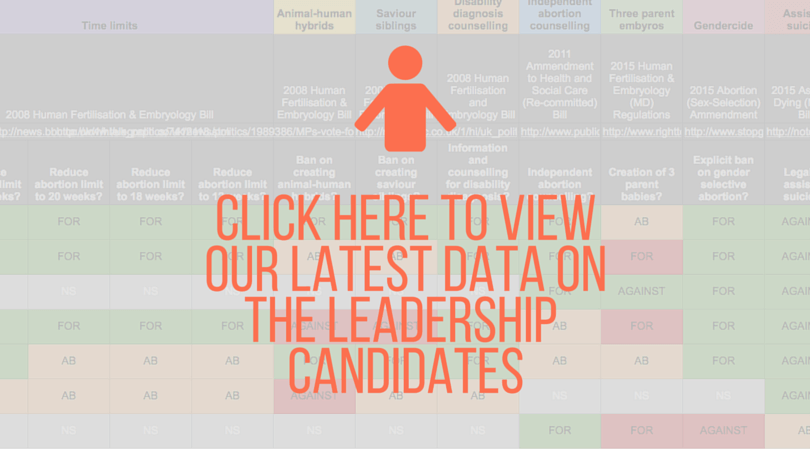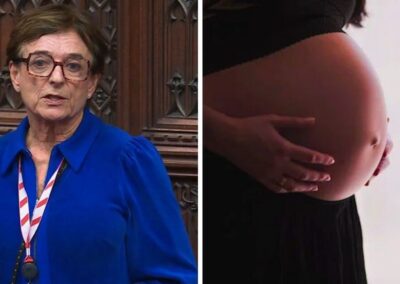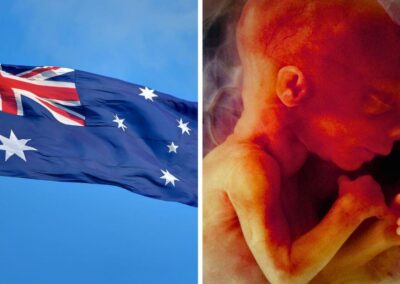In the wake of the U.K. vote to leave the European Union, David Cameron has decided to resign as Prime Minister. This means that the Conservative Party will now go through a leadership election, with the aim of having a new leader in place before the Conservative Party Conference at the beginning of October.
The following summaries and accompanying table discuss the views of the putative candidates (updated):
Liam Fox (No longer running) – Past leadership contender and Defence Secretary Liam Fox has had a long-standing and consistently good voting record on life issues, being the best of the crop thus far on that basis. Well liked and respected, the only question is whether he can secure the confidence of his Parliamentary colleagues after the Werritty scandal of 2011, with which his successful libel action may help.
Andrea Leadsom – An MP since 2010, Leadsom has not had much time to leave an impression on right-to-lifers, but her votes in that short time have been consistently good. Voting in favour of the Bruce amendment to the Serious Crime Bill on sex-selective abortion, and against the Marris assisted suicide Bill last year, the signs of her inclinations on life have been very positive indeed. Perhaps tellingly, she is the only candidate to have turned up to the vote on embryo-destructive ‘mitochondrial donation’, and vote against.
Stephen Crabb (No longer running) – Aside from disappointingly voting in favour of ‘mitochondrial donation’, Crabb has been profoundly sympathetic to right-to-life aims, having voted for a reduction in the upper limit for ‘social abortions’ to 12 weeks. That he is a principled Christian has also become apparent more recently. Whether as a Remain campaigner he is a credible candidate to secure the leadership will be an important question.
Theresa May – Home Secretary since 2010, May has voted well on life issues, when she has attended votes. This suggests a sincere albeit relatively moderate right-to-life stance. She is respected, but not thought to command the support amongst fellow Tory MPs to succeed in becoming leader.
Michael Gove – Controversial former Education Secretary Michael Gove was a major figure in the Vote Leave campaign, giving him credibility as a potential new leader. He has largely abstained on votes to do with life issues. Of the few in which he has taken part, he voted in favour of a ban on animal–human hybrids and ‘saviour siblings’, but voted in favour of ‘mitochondrial donation’ last year. Having voted against the Marris Bill, his record would be similar to that of Stephen Crabb, except that his large number of abstentions suggest that right-to-life issues are much less of a priority to him than the other candidates.













